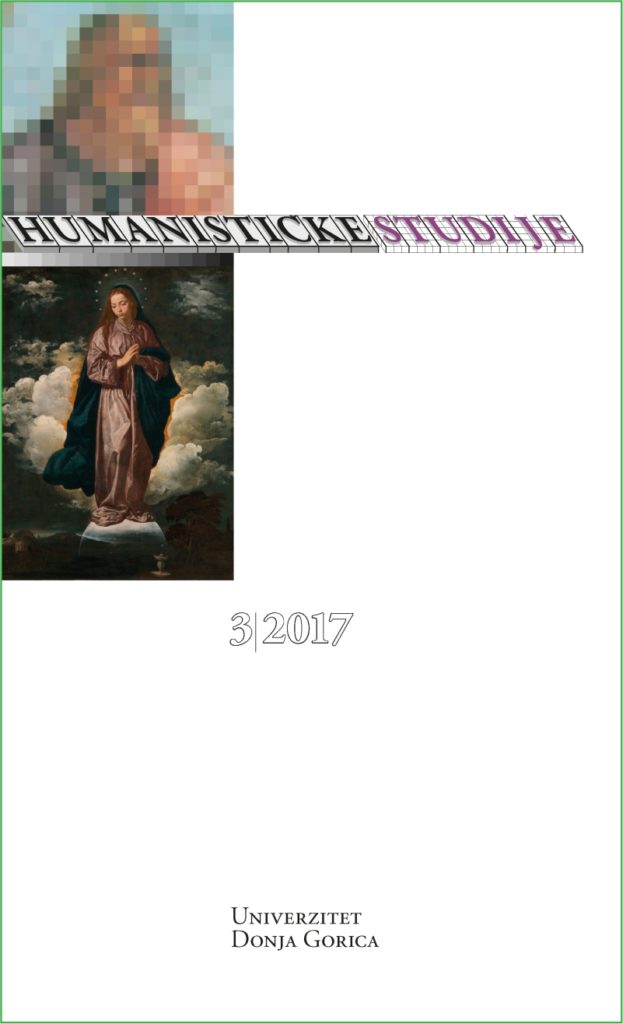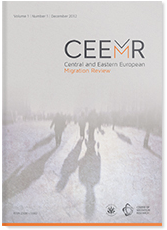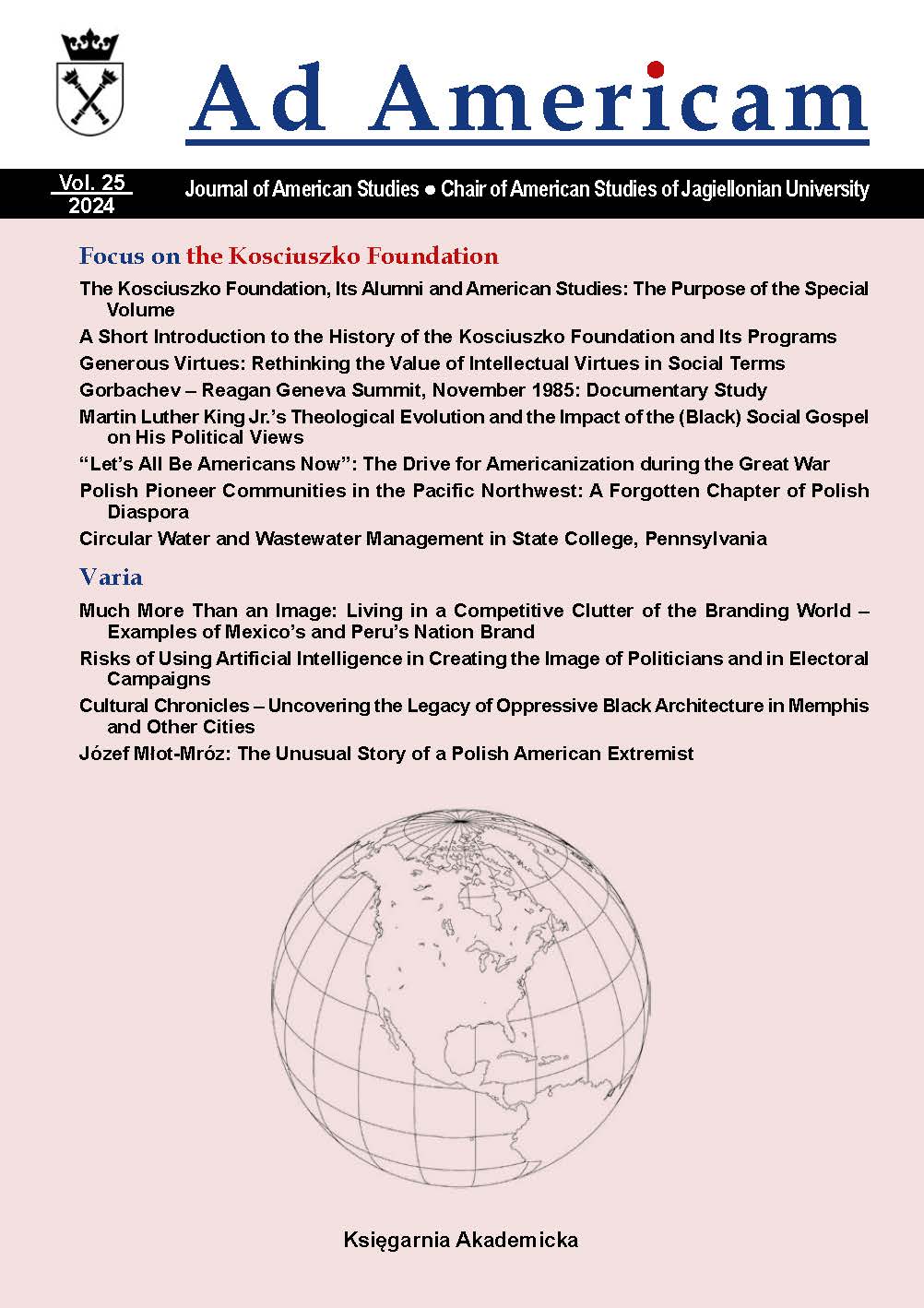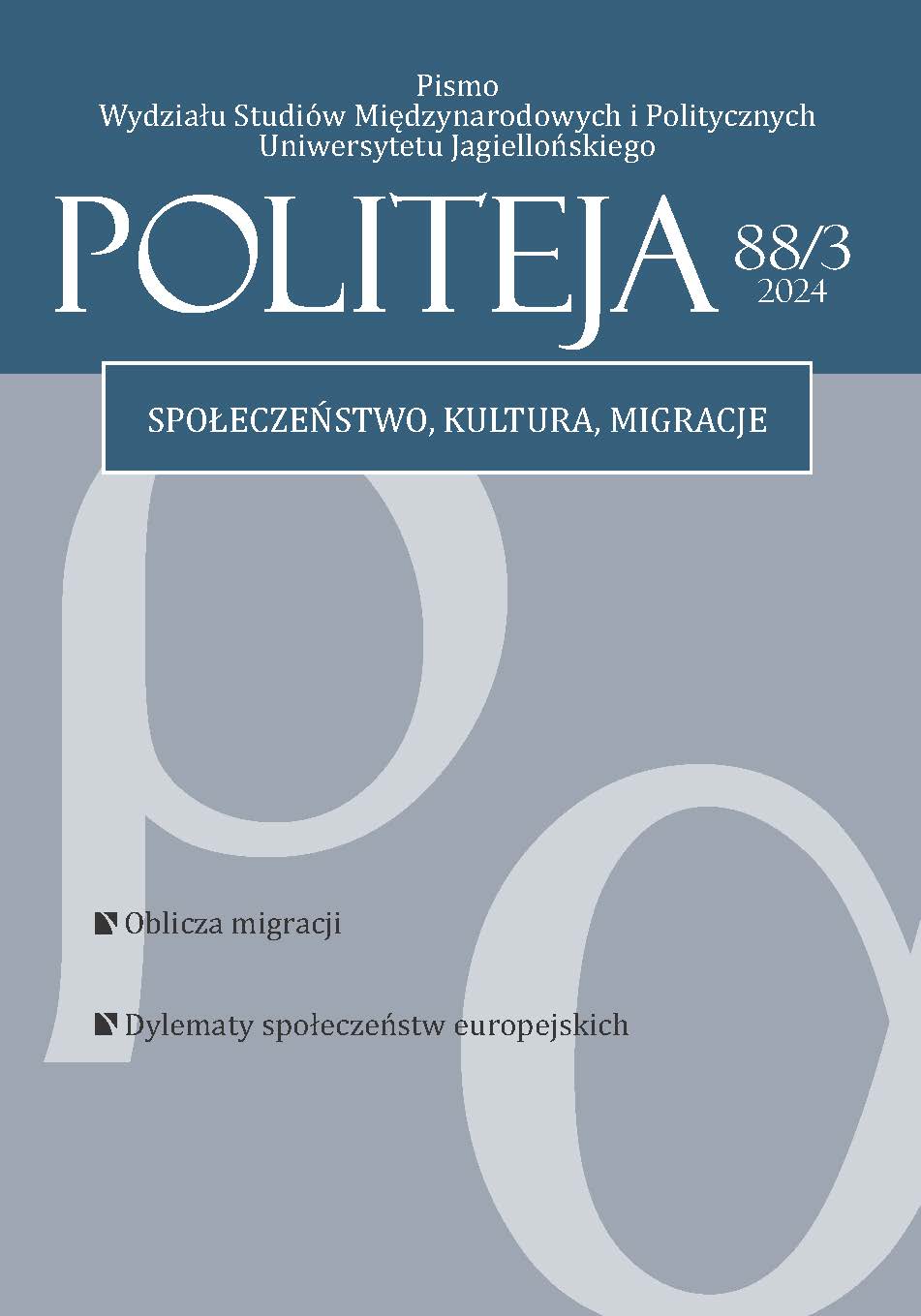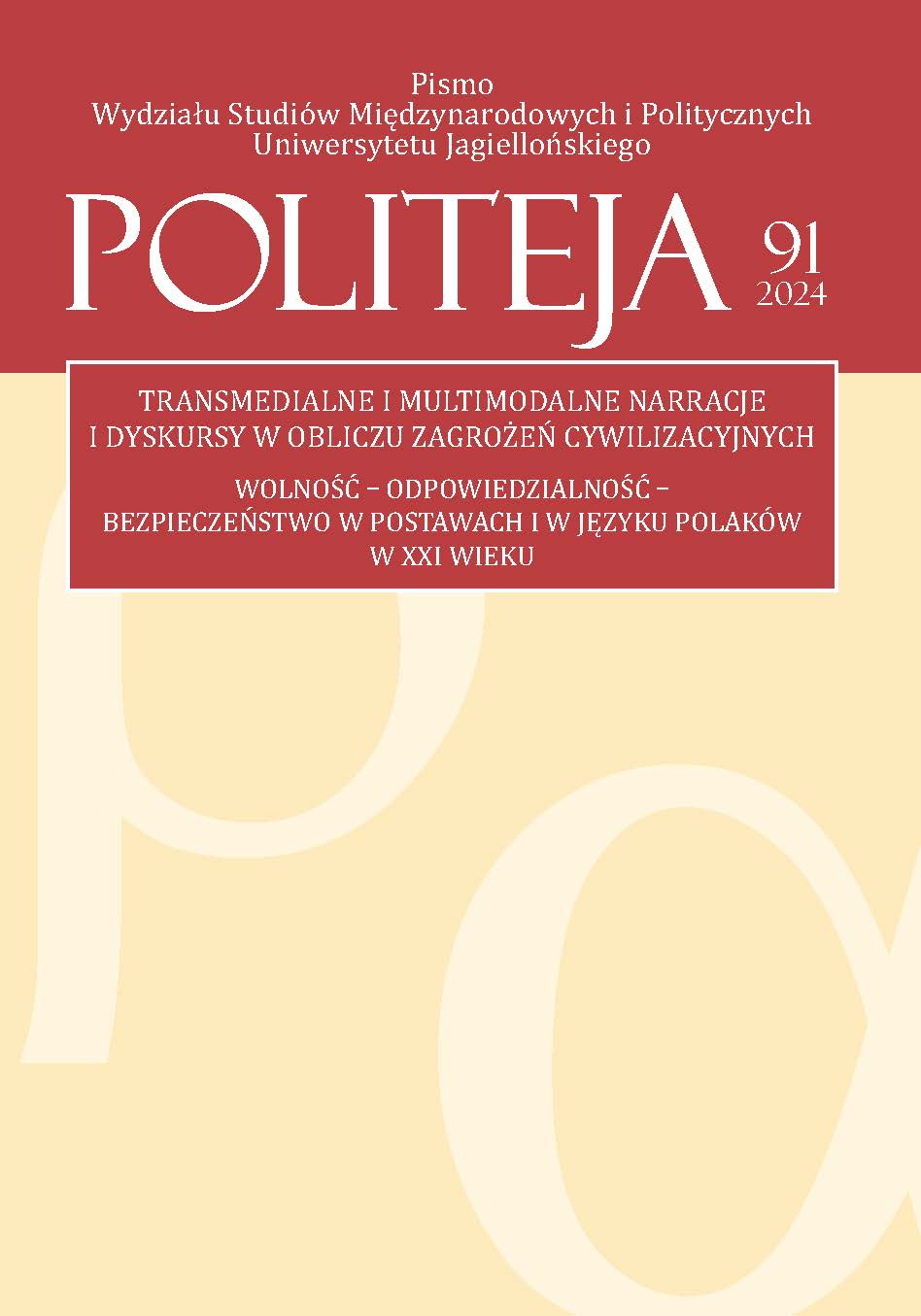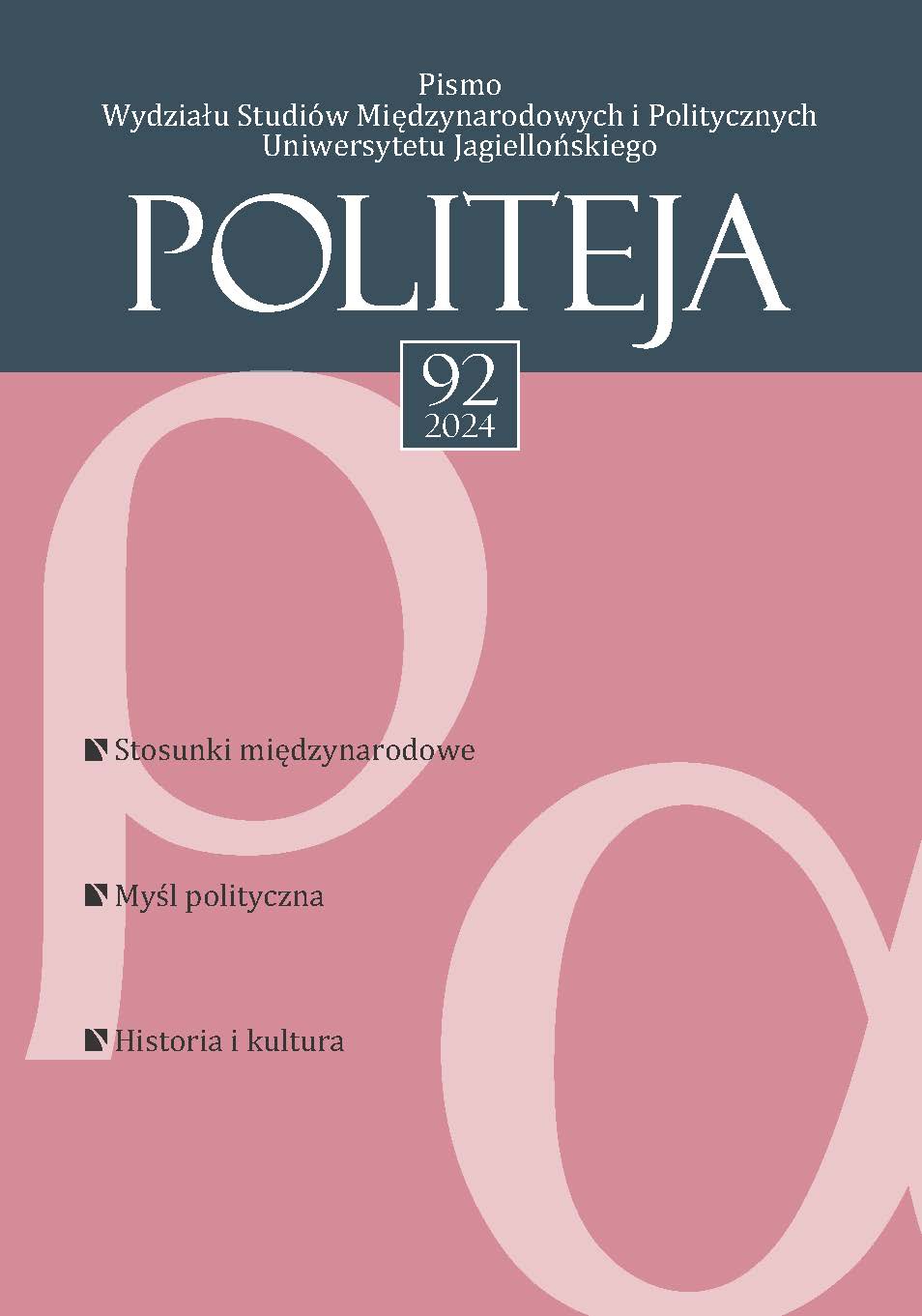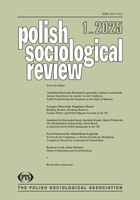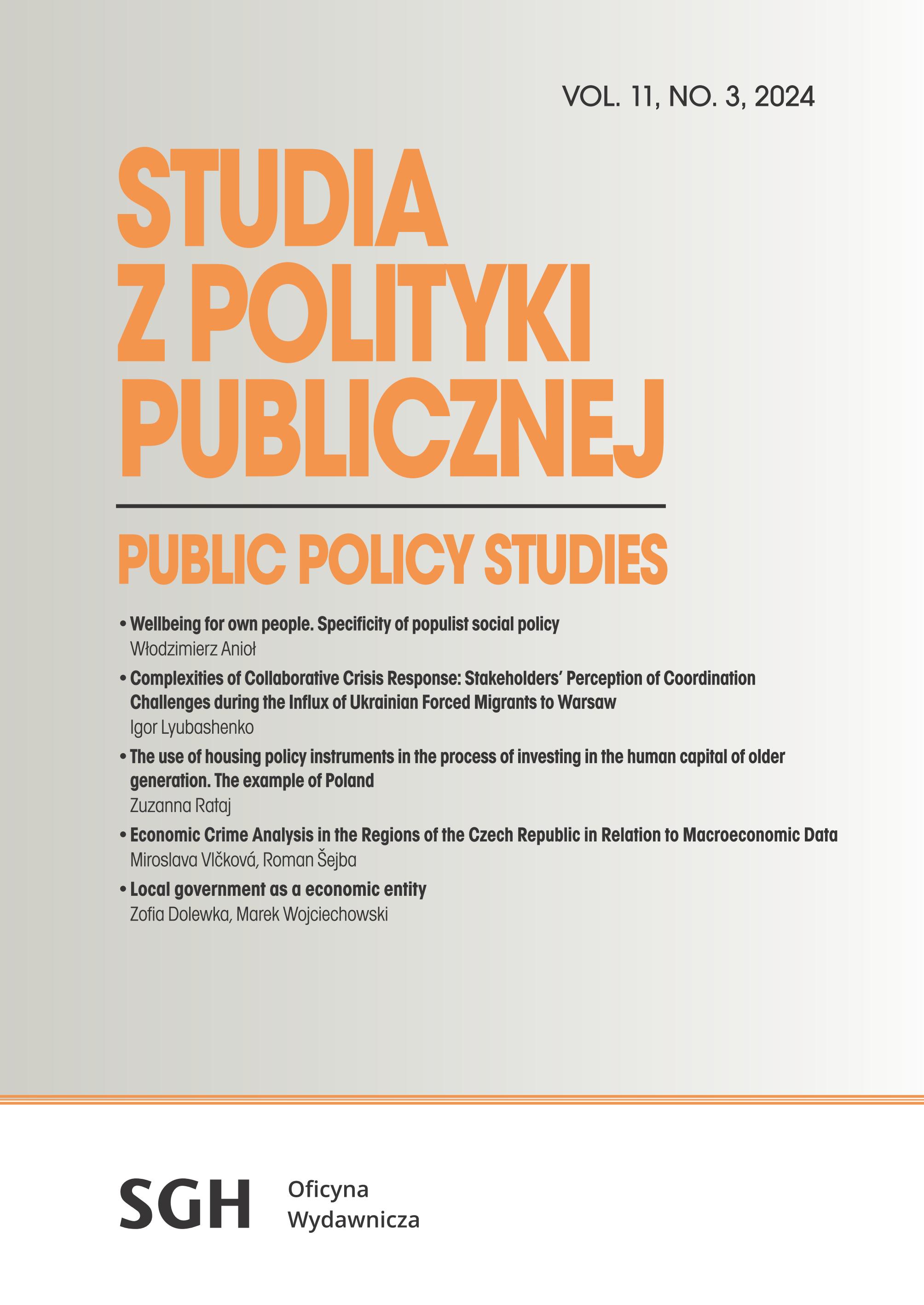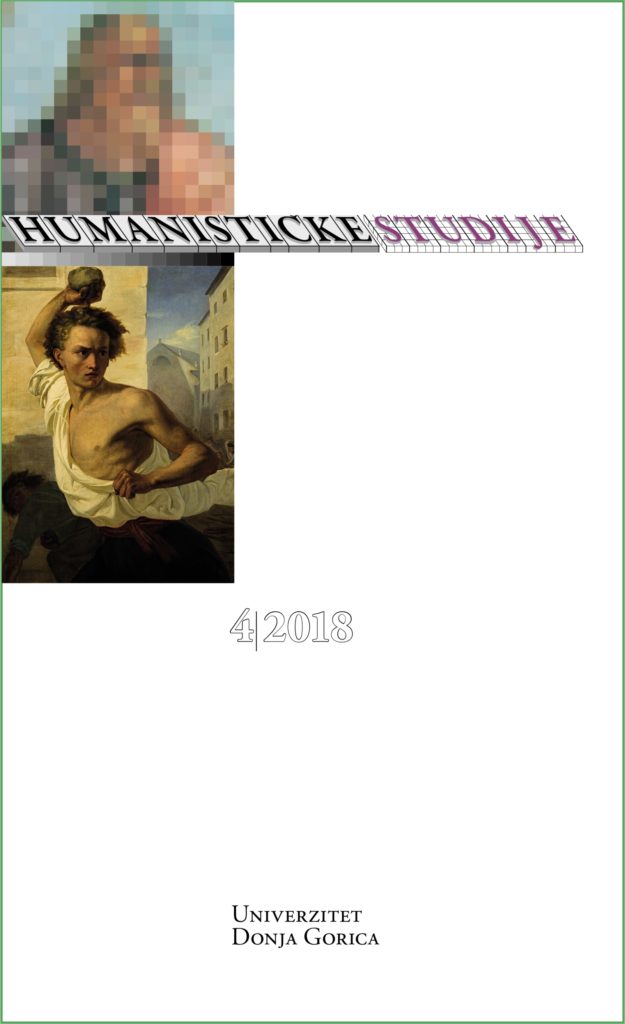
Populizam u Nemačkoj i migrantska kriza
In its post-war history, Germany successfully resisted the temptations of right-wing populism, even banning it by law, but the atmosphere of division caused by vigorous public debates about the legitimacy and success of the current migrant policy lowered the moral threshold of German society. There is no longer an exceptionality of the German party system, a historically conditioned immunity to the establishment of radically right-wing political parties. This paper investigates the impact of the migrant crisis on the rise of rightwing populism in Germany, if the protests in Kemnitz at the end of August 2018 caused by the murder of a German citizen suspected of two migrants, are a significant moment in German political history, showing that Germany is not able to resist the temptations of right-wing populism and, ultimately, to what extent the strengthening of populism and specifically of the right-wing populist party Alternative for Germany is based on anti-Islamic politics and the current migrant crisis, as well as what distinguishes populism in Germany from populist movements and populist parties in Europe.
More...
